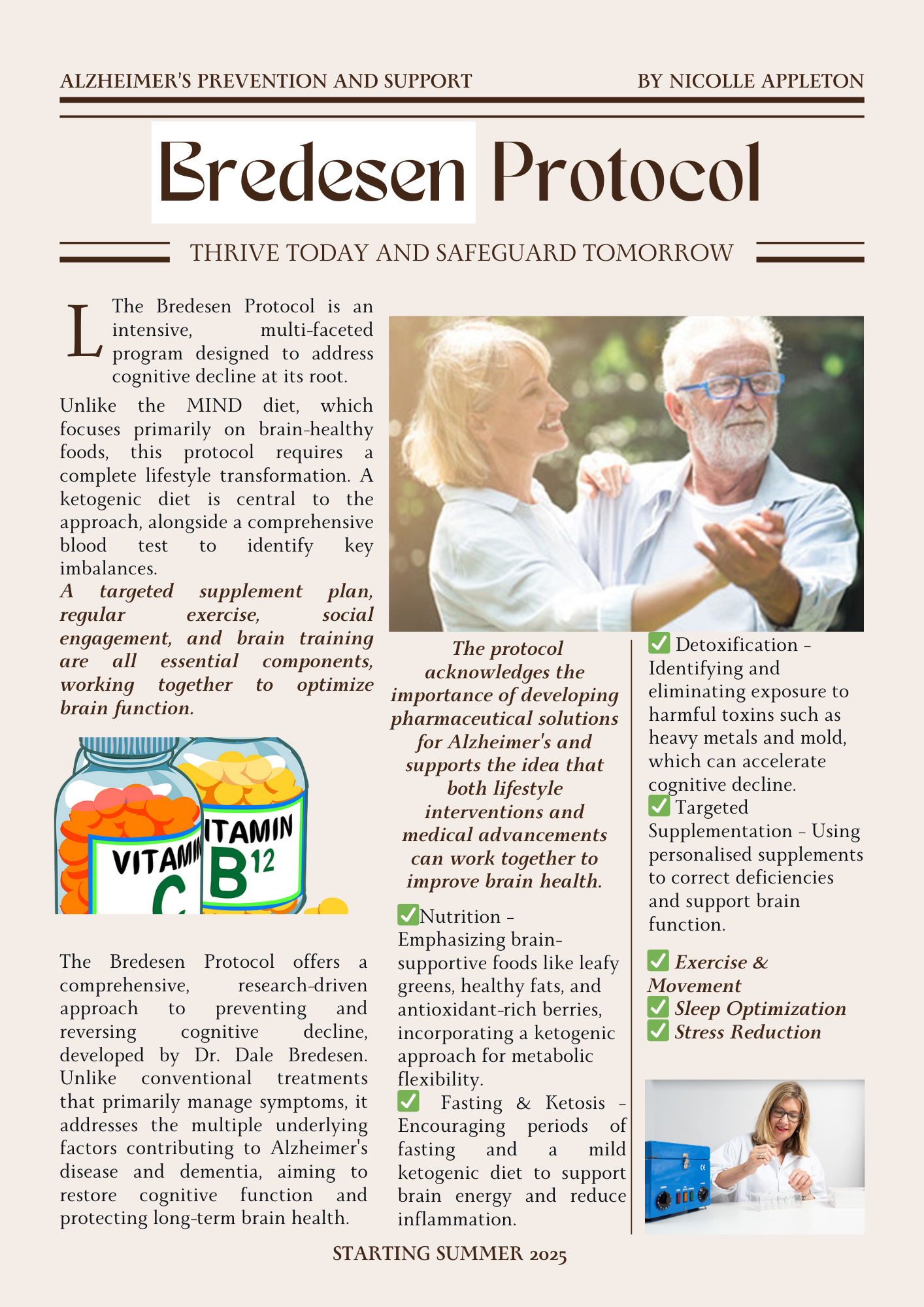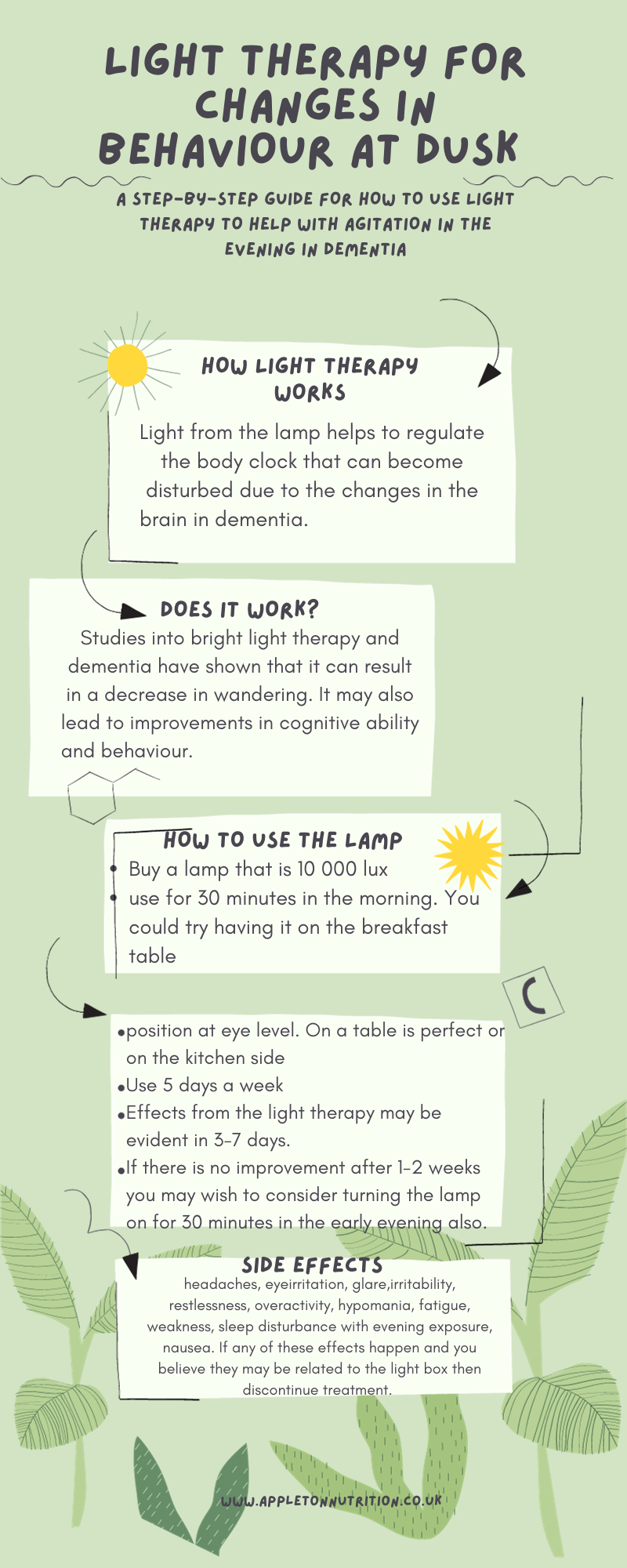Jan 30, 2025
Copper, Zinc, and Neurological Health: Exploring the Link to Epilepsy and Alzheimer’s Disease
The Role of Trace Metals in Brain Health
Copper and zinc are essential trace metals that play critical roles in brain function. They contribute to neurotransmitter production, antioxidant defense, and cellular energy metabolism. However, maintaining the right balance is crucial, as both excess and deficiency can have serious consequences for neurological health, including epilepsy, Alzheimer’s disease, and Parkinson’s disease.
Research suggests that copper and zinc imbalances could influence brain excitability, oxidative stress, and neuronal function, potentially increasing the risk of seizures and neurodegenerative conditions.
Copper: Essential Yet Potentially Harmful
Copper is vital for the nervous system, as it helps regulate enzymes, neurotransmitters, and antioxidant defense. However, when copper levels are too high or too low, the consequences can be harmful.
Copper and Seizures
Copper influences the balance of sodium (Na+) and potassium (K+) in the brain, which is crucial for proper electrical signaling. Disrupting this balance can make neurons hyperexcitable, increasing seizure risk.
High copper levels can produce reactive oxygen species (ROS)—harmful molecules that damage brain cells and contribute to oxidative stress, a factor in epilepsy. Studies suggest that elevated serum copper levels are associated with epilepsy, particularly in middle-aged adults (40-59 years old) (Su et al., 2024).
Copper and Neurodegenerative Diseases
Alzheimer’s disease: Copper accumulation has been linked to plaques and oxidative damage in the brain. Parkinson’s disease & Multiple Sclerosis: Research suggests that copper dysregulation may contribute to neuronal death and inflammation in these conditions. Wilson’s disease, a genetic disorder of copper metabolism, leads to toxic copper buildup in the brain and is associated with seizures and epilepsy.
Cuproptosis: A New Form of Copper-Induced Cell Death
Recently, scientists discovered cuproptosis, a unique way cells die due to excess copper. Unlike other forms of cell death, cuproptosis disrupts energy production by interfering with sulfur-containing proteins in the TCA cycle, leading to toxic protein buildup and cell destruction (Tsvetkov et al., 2022).
This process has raised interest in whether cuproptosis plays a role in epilepsy. If excess copper triggers neuron death in a similar way, it could contribute to epileptogenesis—the process by which seizures develop.
Read more
Jun 4, 2024
Osteopathy and Digestive Health
Welcome to my very first guest blog post! I'm excited to feature an insightful piece by Marianne Carpenter, a dedicated and experienced osteopath. As a nutritionist, I believe in a holistic approach to health, and Marianne's expertise perfectly complements this philosophy. By referring to each other, we ensure you receive well-rounded care to help you overcome your symptoms.
Marianne delves into the fascinating relationship between osteopathy and digestion in this blog. She provides valuable tips and strategies that complement nutritional advice. www.bathosteopath.co.uk
Osteopathy and Digestive Health
Optimal nutrition and good digestive health go hand-in-hand, and both are crucial for us to thrive well into healthy old age. In this article, Marianne Carpenter from Bath Spa Osteopathy will explain how osteopaths can help treat some of the most common digestive problems.
What Is Osteopathy? Osteopathy is a holistic approach to healthcare that focuses on the diagnosis, treatment, and prevention of musculoskeletal disorders. Unlike other forms of medicine, osteopathy emphasises the body's natural ability to heal itself. Through hands-on manual therapy techniques such as manipulation, stretching, and massage, osteopaths work to restore balance and function to the body. This non-invasive treatment method is an established and popular treatment for back pain, sciatica, and joint problems, but fewer people are aware of how effective osteopathy can be for the relief of some very common digestive issues. Read more
Feb 6, 2024
MIND diet course
An in-person MIND diet course has been launched
tickets on sale through eventbrite
https://www.eventbrite.co.uk/
Background to the MIND diet
Leading researchers in the field of nutrition and Alzheimer’s disease crafted the MIND diet. Numerous randomized clinical trials have confirmed that adhering to the MIND diet significantly aids in dementia prevention and decelerates cognitive decline. Individuals who rigorously adhered to the MIND diet experienced a remarkable 53% decrease in dementia diagnosis. Research even suggests improved cognitive performance after adopting this dietary approach.


